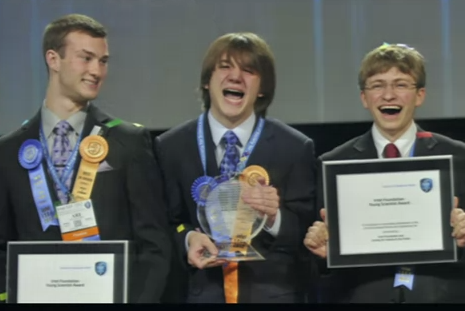And when would you test? Pancreatic cancer sx are very vague and non-specific. I've seen patients who early on only noticed things like early satiety, occasional diarrhea, loss of appetite. Are all these people going to be buying test strips from the grocery store and testing themselves every time they feel bloated?
Initial workup for pancreatic cancer requires things like CT scans ($$ and radiation) and fancy MRI's called MRCP, endoscopic procedures like endoscopic ultrasounds and ERCPs to actually take chunk of tissue for pathological diagnosis ($$$$$). So if you have a false positive you can see where it starts to get real costly for all involved.
Pancreatic cancer is relatively rare, and if the masses start to buy strips and test themselves every day, even a 99.9% specificity means 1/1,000 will get a false positive. If millions of people were to start using this you could see a lot of people booking appointments and expensive work ups for their non-existent pancreatic cancer.
But seriously, great job by this kid. Brilliant idea that probably has a ton of potential, just not too many real world applications at the present time.
Yup. And we won't know that until we start detecting and taking out early pancreatic malignancies and watching those patients for years and years.





 i'm just happy to see new scientific innovations regardless of the scientist's socioeconomic background
i'm just happy to see new scientific innovations regardless of the scientist's socioeconomic background